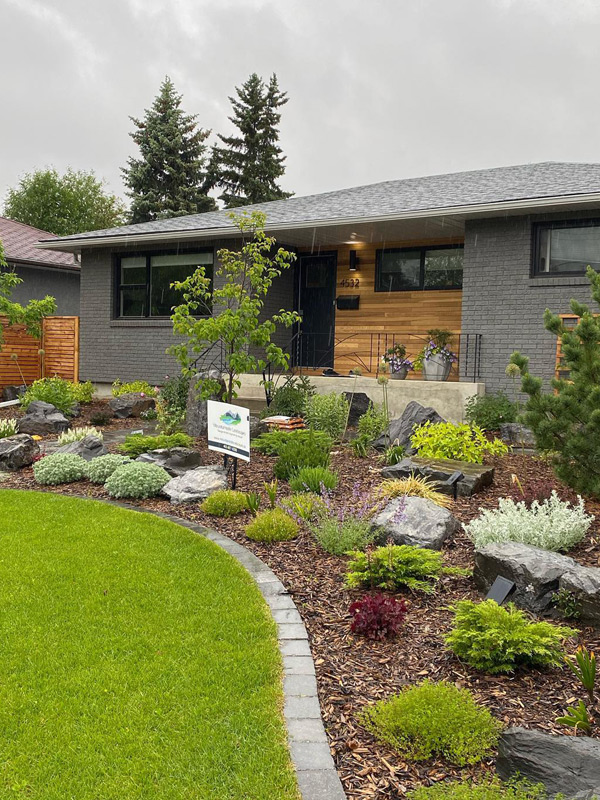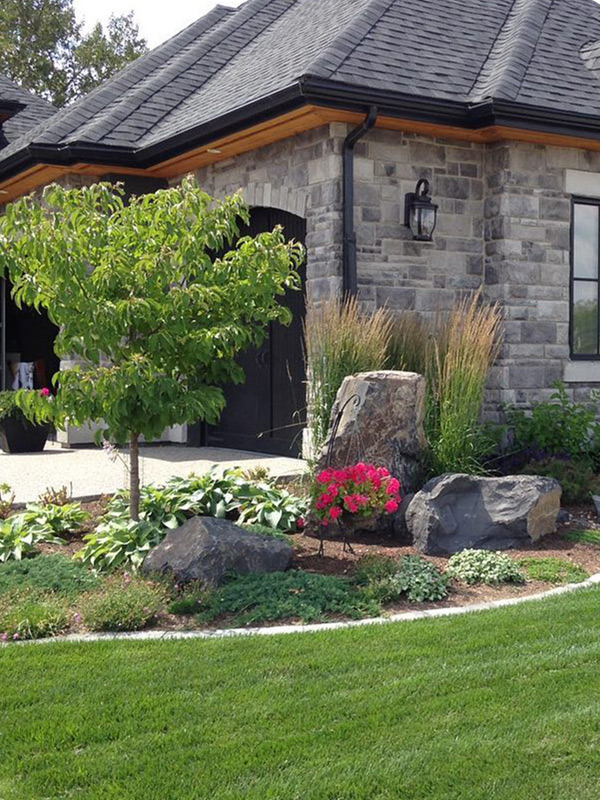A beautifully landscaped backyard can add value to your home and create an inviting outdoor space for family and friends. However, choosing the right plants can be a daunting task, especially if you’re new to gardening or landscaping. In this blog post, we’ll explore some tips on how to choose the perfect backyard plants for your landscaping project.
- Consider Your Climate
One of the most important factors to consider when choosing backyard plants is your climate. Plants have different temperature and water requirements, and choosing the wrong plants can result in unhealthy or dying plants.
Research the plants that are best suited for your climate, taking into account factors such as temperature, humidity, and rainfall. Consider the amount of sunlight and shade in your backyard, as some plants thrive in full sun, while others prefer shade.
- Determine Your Soil Type
The type of soil in your backyard can also impact the success of your plants. Soil can range from sandy to clay to loamy, and different plants thrive in different soil types.
You can test your soil to determine its pH level and nutrient content. This information will help you choose plants that are best suited for your soil type, and also help you make any necessary amendments to your soil to support plant growth.
- Think About Your Goals
Another important consideration is what you want to achieve with your landscaping project. Are you looking for a low-maintenance garden, or do you want to create a lush, colorful backyard with a variety of flowers and plants?
Consider your personal preferences and goals when choosing backyard plants. Do you want to attract wildlife, such as butterflies and birds, or do you want to create a private, secluded space for relaxation and entertaining?
- Choose Plants That Complement Each Other
When choosing backyard plants, it’s important to select plants that complement each other in terms of color, size, and shape. Think about how your plants will look together when they are fully grown.
Choose plants with contrasting foliage and flowers to create a visually interesting garden. Consider the height and spread of your plants, and choose varieties that will fill the space without overcrowding each other.
- Consider Maintenance Requirements
Different plants have different maintenance requirements, and it’s important to choose plants that fit with your lifestyle and schedule. Some plants require regular pruning and deadheading, while others are low-maintenance and require little care.
Consider how much time and effort you are willing to put into maintaining your backyard plants. If you’re short on time, choose low-maintenance plants such as succulents or ornamental grasses.
- Choose Plants That Serve a Purpose
Choose backyard plants that serve a purpose beyond aesthetics. For example, you might choose plants that repel insects or plants that provide food or shelter for wildlife.
Consider using plants that are native to your area, as they will be better adapted to your climate and require less water and maintenance. Native plants also provide food and shelter for local wildlife, contributing to a healthy ecosystem in your backyard.
- Research Your Plants
Before choosing backyard plants, do some research to ensure that you’re selecting the right plants for your specific needs. Research the growth habits, light and water requirements, and maintenance needs of each plant.
Consult with local nurseries or garden centers, and ask for recommendations based on your specific climate and soil type. Join local gardening groups or online forums to connect with other gardeners and learn from their experiences.
In conclusion, choosing the perfect backyard plants for your landscaping project requires careful consideration of your climate, soil type, personal preferences, and maintenance requirements. By following these tips, you can create a beautiful and functional backyard that reflects your unique style and provides a welcoming outdoor space for years to come.





